Activision Blizzard Acquisition: FTC's Appeal Process Explained
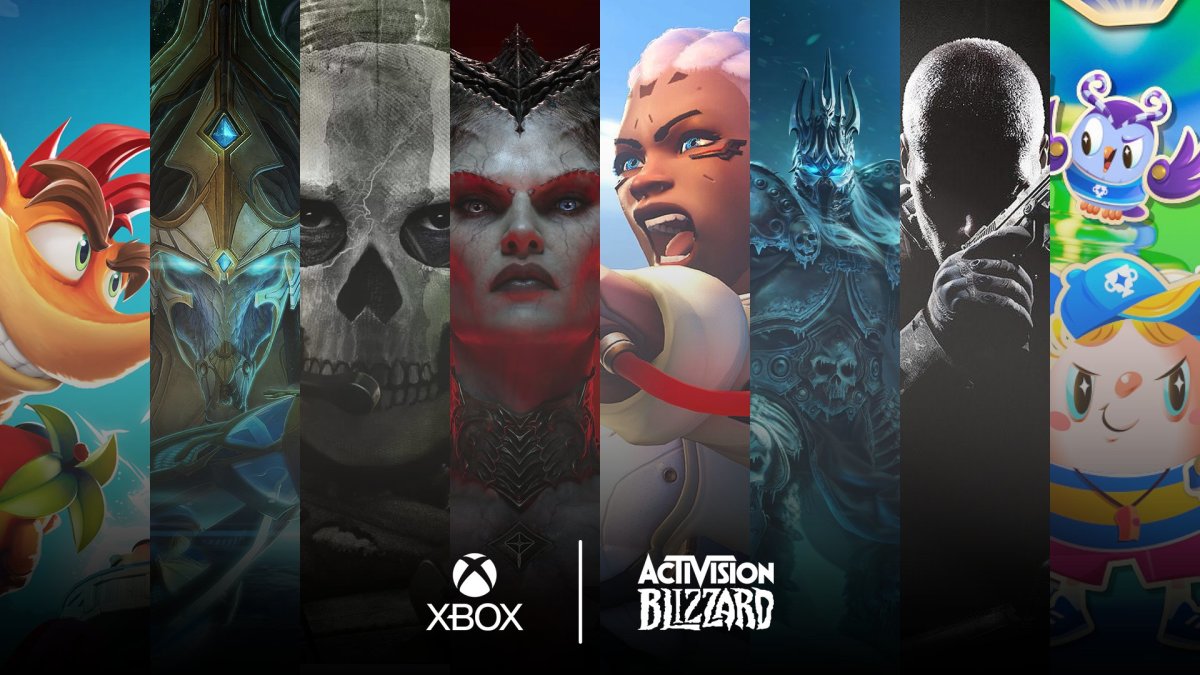
Table of Contents
The Microsoft acquisition of Activision Blizzard, a monumental deal in the gaming industry, faced a significant hurdle: a lawsuit filed by the Federal Trade Commission (FTC) aiming to block the merger. This article dissects the FTC's appeal process following the initial court ruling, exploring the legal complexities and potential ramifications for this landmark merger. We'll examine the key arguments, the potential timeline, and what this means for gamers and the future of game acquisitions. Understanding the nuances of the Activision Blizzard Acquisition FTC Appeal is crucial for anyone interested in the future of the gaming landscape.
The FTC's Initial Lawsuit and its Arguments
The FTC's initial case centered on concerns that the Microsoft-Activision Blizzard merger would create an anti-competitive environment, particularly harming consumers. Their arguments rested on several key pillars:
-
Concerns about anti-competitive practices: The FTC argued the merger would give Microsoft undue control over the gaming market, potentially stifling competition and innovation. Their primary focus was on Call of Duty, one of the most popular and lucrative game franchises globally. They worried that Microsoft could make Call of Duty exclusive to Xbox, harming players on other platforms like PlayStation and creating a monopoly.
-
Allegations of stifling competition and harming consumers: The FTC claimed the acquisition would reduce consumer choice, potentially leading to higher prices, less innovation, and a decline in the overall quality of gaming experiences. This would violate antitrust laws designed to protect competition and consumers.
-
Microsoft's market power and potential for abuse: The FTC highlighted Microsoft's substantial market power in the gaming industry, particularly through its Xbox platform and its extensive game studios. They argued the merger would further consolidate this power, enabling Microsoft to engage in anti-competitive practices and exploit its dominant position.
-
The Judge's Decision: The initial ruling by the judge saw the FTC's request to block the merger denied. The judge's reasoning revolved around the evidence presented and the perceived lack of sufficient demonstration of a substantial likelihood of anti-competitive effects. This decision, however, did not end the matter, prompting the FTC's appeal. The use of keywords like "antitrust," "monopoly," and "market dominance" was crucial in the initial FTC filings.
The Appeal Process: Understanding the Steps Involved
The FTC's appeal involves several critical steps, navigating the complexities of the judicial system:
-
Filing the appeal: The FTC filed its appeal with the relevant court of appeals, seeking a judicial review of the lower court's decision. This is a standard procedure when a party disagrees with a court ruling.
-
Preparing legal briefs and evidence: The FTC will prepare extensive legal briefs outlining their arguments, supported by substantial evidence. This involves detailing the alleged anti-competitive practices and potential harms to consumers, including data and expert testimony to bolster their claims.
-
Oral arguments before the judges: Both the FTC and Microsoft will present oral arguments before a panel of judges in the court of appeals. This phase provides an opportunity for the judges to directly question both sides and clarify points of contention.
-
The appeals court's decision: The appeals court will review the lower court's decision and the presented evidence. They can affirm the lower court's ruling, reverse it, or remand the case back to the lower court for further proceedings. Keywords like "appeal," "court of appeals," "legal brief," and "judicial review" are central to understanding this phase.
Key Arguments in the FTC's Appeal
The FTC's appeal likely centers on several key arguments:
-
Challenging the lower court's interpretation of antitrust laws: The FTC might argue that the lower court misinterpreted or misapplied relevant antitrust laws in its decision. They will strive to present a stronger case based on established legal precedent.
-
Presenting new evidence or arguments: The appeal process provides an opportunity for the FTC to present new evidence or arguments that were not considered in the initial trial. This could include updated market analysis, additional expert testimony, or newly discovered information.
-
Emphasizing the potential long-term harm to competition: The FTC will likely reiterate and amplify their concerns about the long-term consequences of the merger on competition in the gaming industry. They'll argue the initial court underestimated the potential for future anti-competitive practices by Microsoft.
-
Focusing on the strategic importance of Call of Duty and other Activision Blizzard titles: The FTC will likely continue to highlight the significance of Call of Duty and other Activision Blizzard franchises, emphasizing their potential to be used as leverage to stifle competition and harm consumers. The strategic importance of these titles will likely be a central part of their appeal. Keywords like "antitrust law," "evidence," "competition," and "Call of Duty" will be key elements of this argument.
Potential Outcomes and Their Implications
The appeal's outcome significantly impacts the gaming industry:
-
Successful appeal: If the FTC's appeal is successful, the acquisition could be blocked entirely. This would have significant repercussions for Microsoft, Activision Blizzard, and the gaming industry, potentially preventing further industry consolidation and maintaining a more competitive marketplace.
-
Unsuccessful appeal: If the appeal fails, the acquisition will likely proceed as planned. This could lead to further consolidation in the gaming sector, raising concerns about potential monopolistic practices and reduced competition.
-
Impact on other mergers and acquisitions: The outcome of this case will set a precedent for other proposed mergers and acquisitions in the tech and gaming industries. It could significantly influence how future deals are scrutinized by regulatory bodies. Keywords such as "merger," "acquisition," "industry consolidation," and "market impact" are crucial for understanding the broader context of this case.
Conclusion
The FTC's appeal against the Microsoft-Activision Blizzard acquisition is a landmark case with far-reaching consequences for antitrust law and the future of the gaming industry. Understanding the intricacies of this Activision Blizzard Acquisition FTC Appeal process, including the key arguments and potential outcomes, is vital. The outcome will shape the competitive landscape of the video game market for years to come. Stay informed about further developments in this critical legal battle by checking back regularly for updates. The impact of this case on the gaming market could be substantial, so keep following the Activision Blizzard Acquisition FTC Appeal to stay informed.

Featured Posts
-
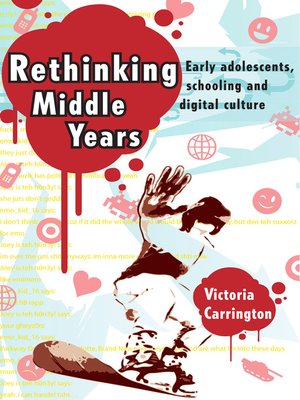 Rethinking Middle Management Their Vital Role In Todays Business Environment
May 10, 2025
Rethinking Middle Management Their Vital Role In Todays Business Environment
May 10, 2025 -
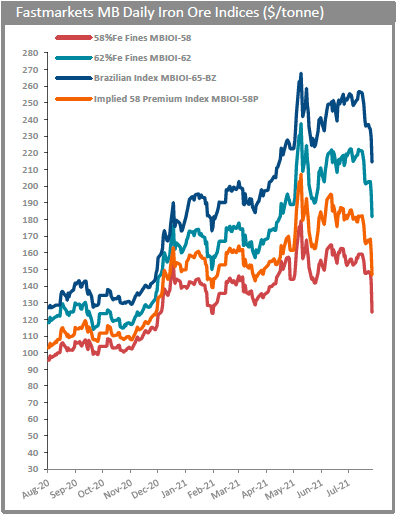 Iron Ore Price Plunge Chinas Steel Output Restrictions And Market Consequences
May 10, 2025
Iron Ore Price Plunge Chinas Steel Output Restrictions And Market Consequences
May 10, 2025 -
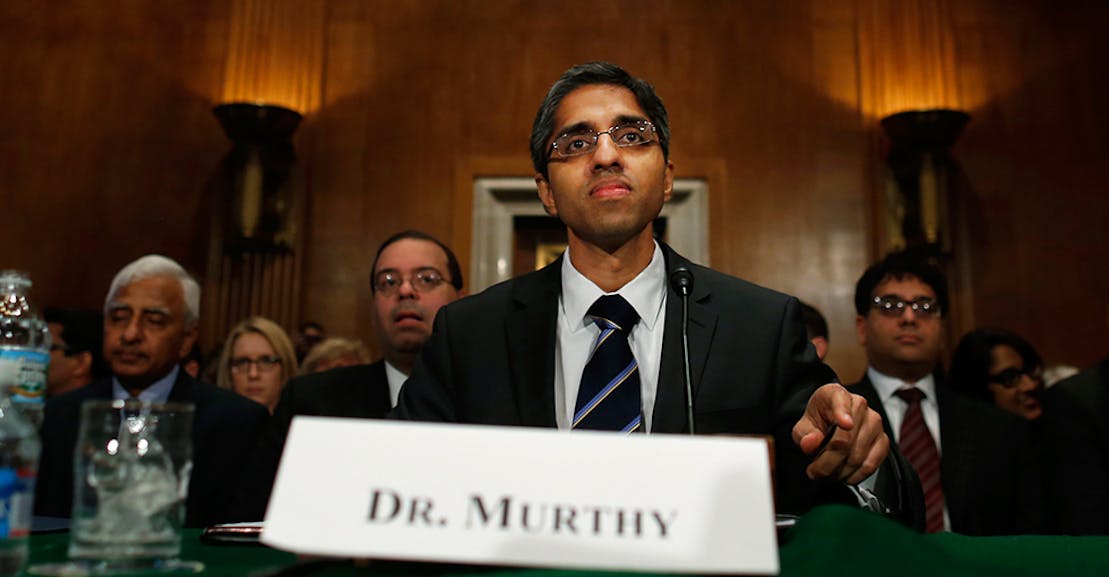 Surgeon General Nomination Withdrawn A Social Media Influencers Unexpected Rise
May 10, 2025
Surgeon General Nomination Withdrawn A Social Media Influencers Unexpected Rise
May 10, 2025 -
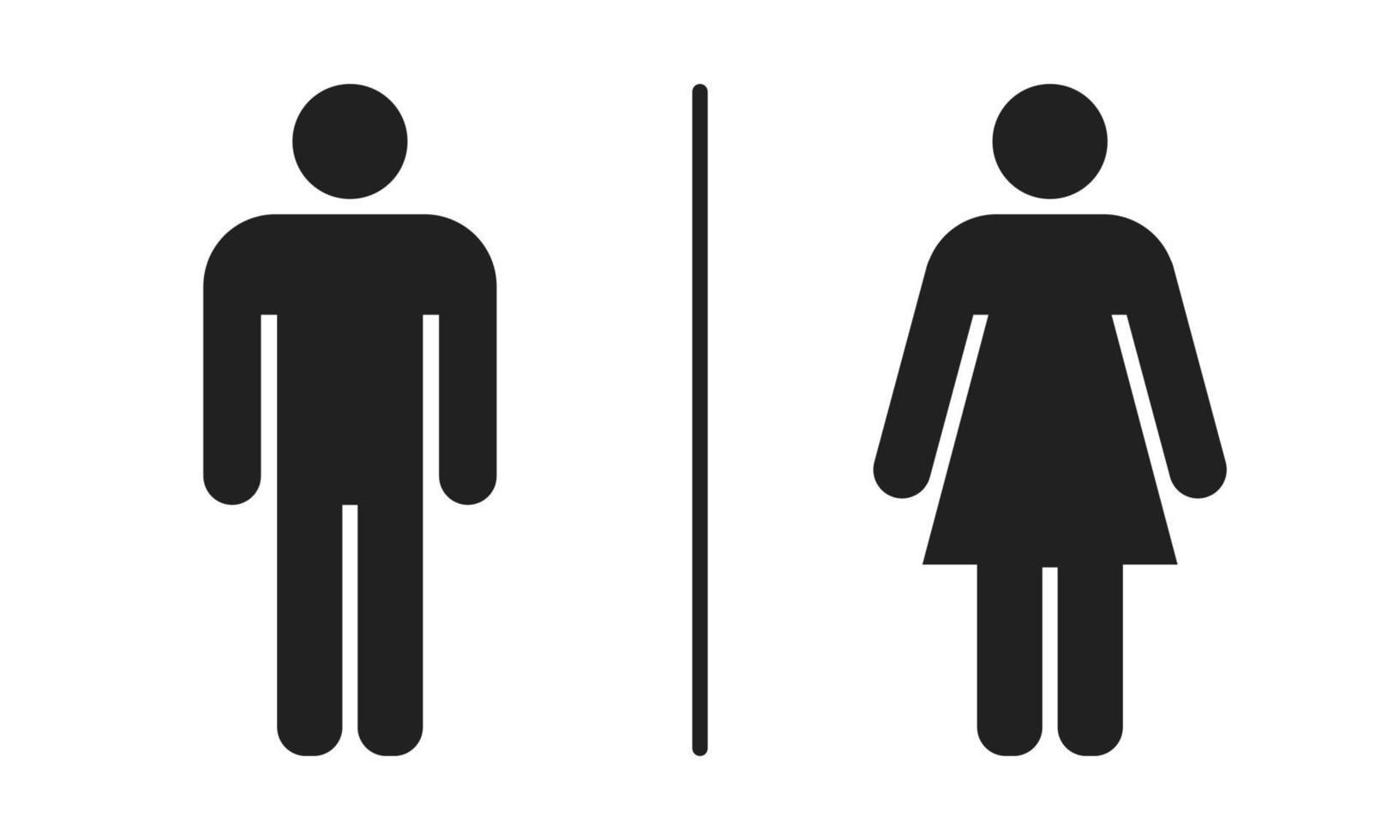 Universitaria Transgenero Arrestada Uso De Bano Femenino Y Derechos Lgbtq
May 10, 2025
Universitaria Transgenero Arrestada Uso De Bano Femenino Y Derechos Lgbtq
May 10, 2025 -
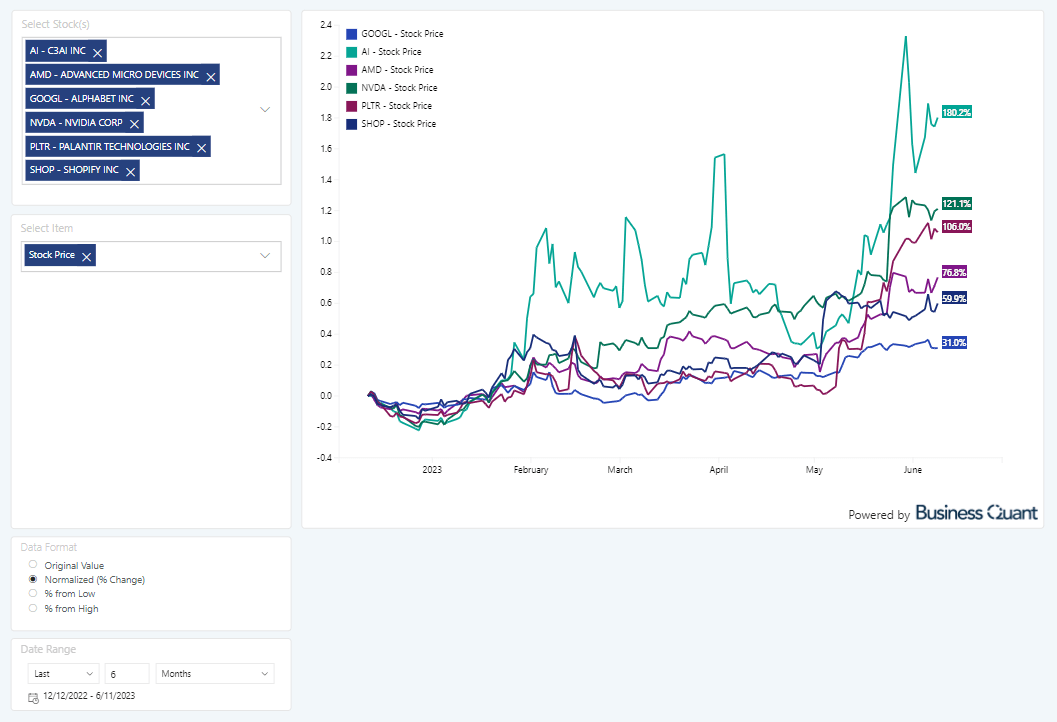 Should You Buy Palantir Stock Before May 5th A Pre Earnings Analysis
May 10, 2025
Should You Buy Palantir Stock Before May 5th A Pre Earnings Analysis
May 10, 2025
